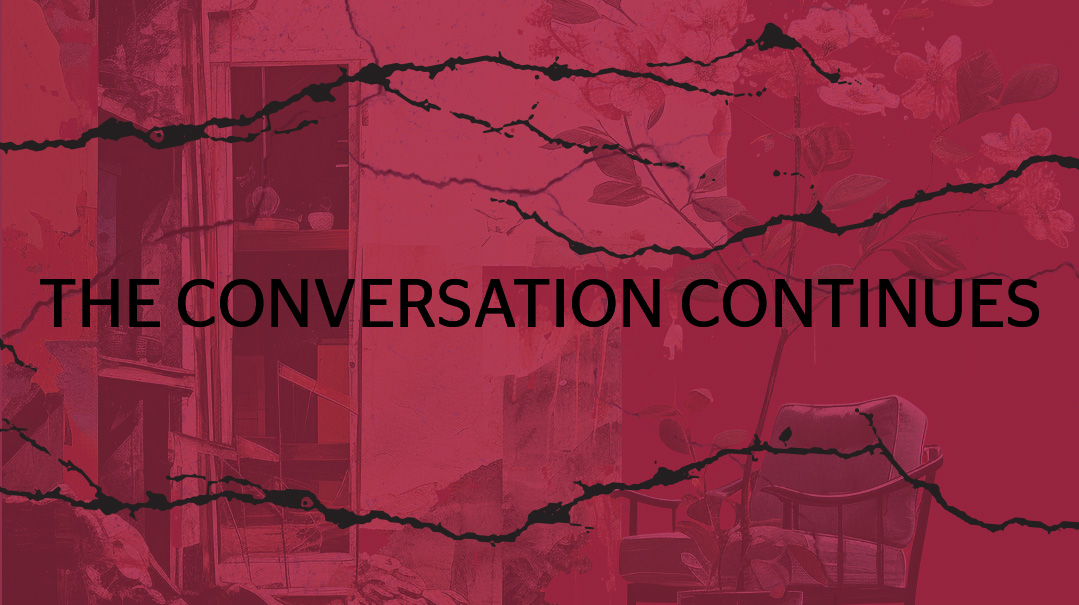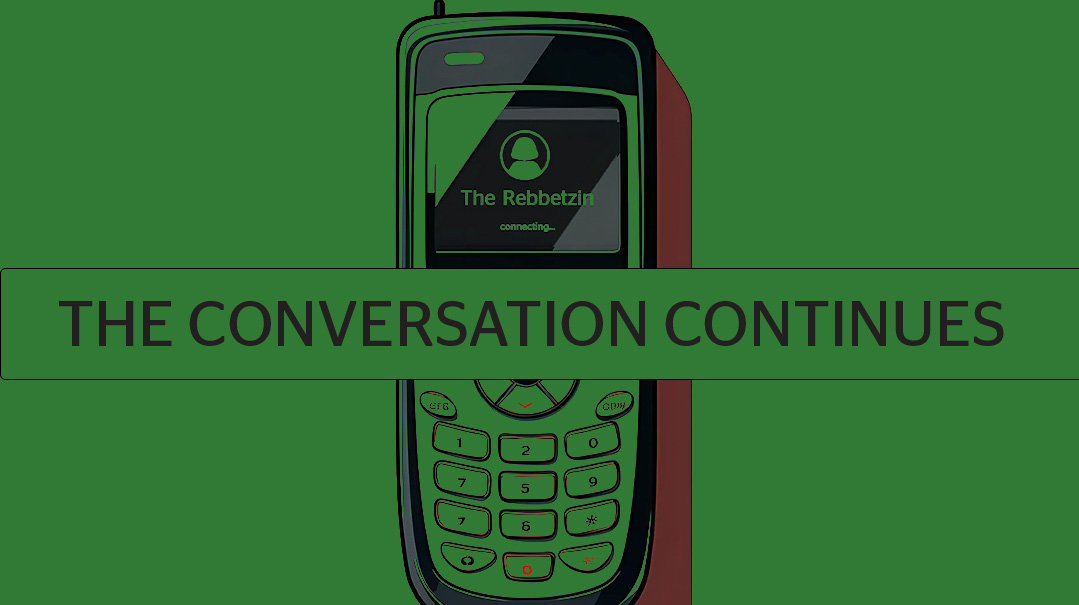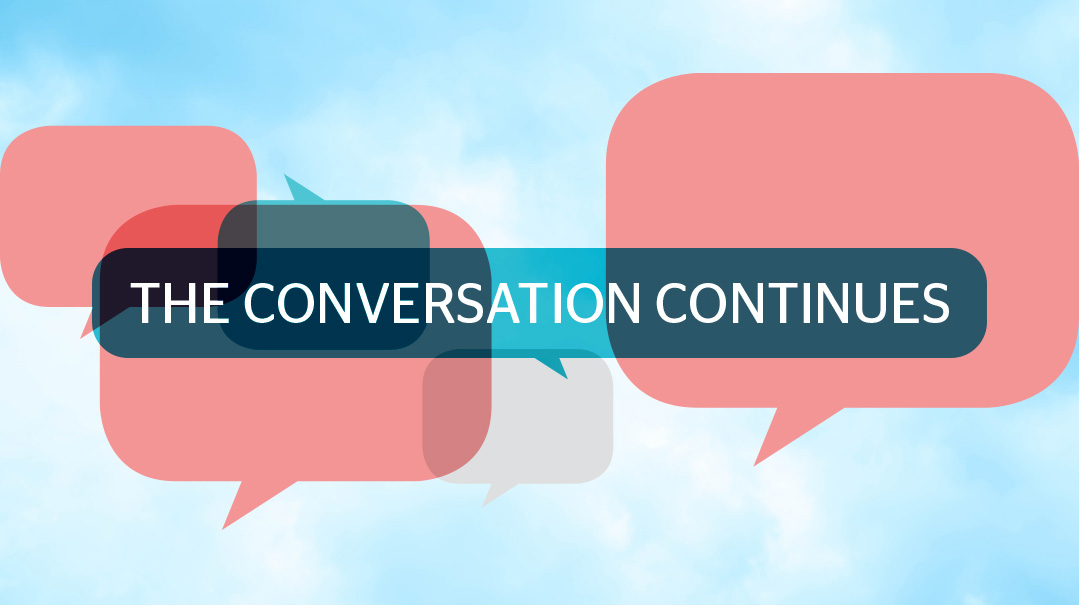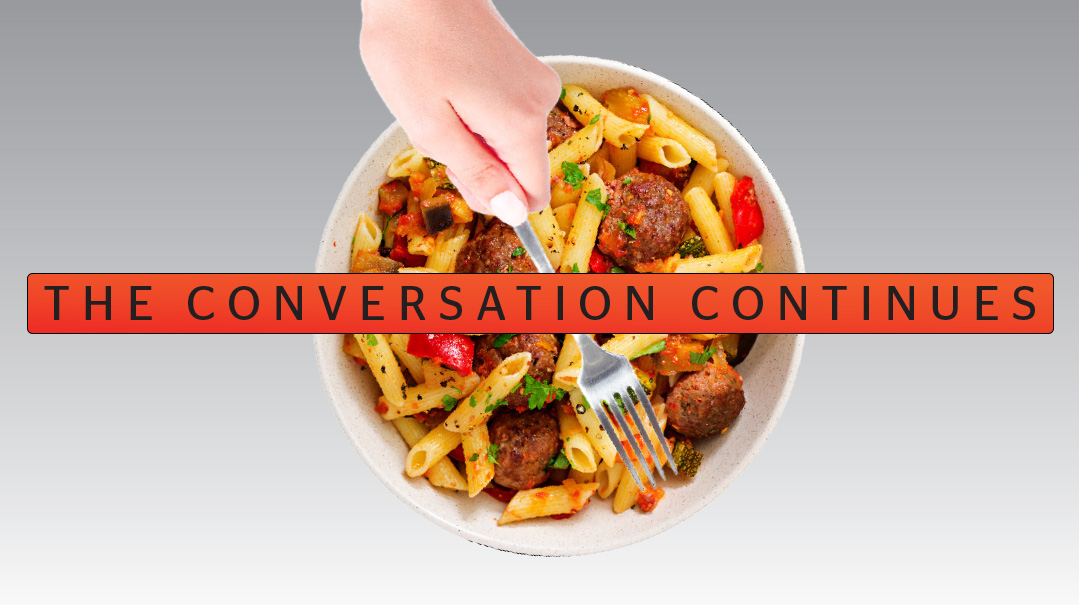Out of Control / Issue 881

“I’ve been married for 20 years, and for most of that time, starting from when my oldest was about two years old, I, too, struggled with this”

This Is My Story
As soon as I saw the cover of your magazine and read the sneak peek of the mom who was losing her temper at her kids, I knew I had to write in.
This is my story.
I’ve been married for 20 years, and for most of that time, starting from when my oldest was about two years old, I, too, struggled with this. I originally thought it was due to lack of sleep, or the fact that I grew up being hit by my parents. I tried giving myself incentives to work on this. I went to therapy, and still I found myself lashing out physically.
Things came to a head about four years ago when I found these episodes increasing. I was moody and angry at home a lot, annoyed at family members, and generally grouchy. I was finally diagnosed with postpartum depression (PPD), and, like the narrator of the story, I went on an SSRI. (Note to public: You don’t have to be crying in bed all day to have PPD. Mine manifested much more as anger and irritability.)
Since the day I started taking that medication, I haven’t had a single physical outburst at any child. I, too, used to wonder why I didn’t have the self-control to count to ten or deep breathe before losing it. It seems in retrospect that I simply had a chemical imbalance. I have no plans of going off the medication. I think it’s a fair trade for my husband and children to have a safe, happy, and healthy wife and Mommy.
Thank you for spreading awareness,
Name Withheld
Lost My Sense of Self
Thank you for featuring Nechamie’s story about her struggle with anger in mothering. As a mother of young children myself, I found this article to be full of validation and support.
Perhaps the most important piece for me was the reference made to caring for our inner worlds and developing ourselves as individuals outside of mothering. After six years of marriage, with three children baruch Hashem under age four, I was recently gifted with the realization that because of the demands of wifehood and motherhood, I’ve entirely neglected my inner world.
With the full support of my husband, I’m on a new quest to regain that sense of self — through exercise, journaling, cleaning help — as well as other means I’m still discovering. My goal is to reclaim my sense of self (independent of my husband and children) so that I can reengage in my role as wife and mother with a renewed sense of purpose and balance, all while replacing feelings of martyrdom with feelings of regality.
I do wonder why this isn’t stressed more during our years of formal education and hope that you can run more features geared to those seeking to thrive during this blessed — yet challenging — stage.
May we all be blessed to struggle in these most desired and healthy life circumstances,
Name Withheld
Damage Control
I’m writing in response to the article about mother’s anger. It’s such an important and well-done article. Thank you!
I’m especially appreciative of “Nechamie” for sharing her story. She’s certainly not alone in her struggle. Her tale of the different interventions she used to curb her uncontrollable anger toward her children will be a great resource to other mothers. Learning skills and also healing trauma are important factors in overcoming this problem.
I also really appreciated her mention of synthetic hormones, which play such a huge role and, as she said, not enough people know about.
The sidebar by Sarah Chana Radcliffe, mentioning the long-lasting damage done to children by their mother’s rage, is also supremely important. It gives us perspective on how important it is to get this challenge under control, and it can also help children of parents who “only” raged understand their history of trauma.
There’s one point which I’d like to add, which I find is often left out of the conversation about anger directed at children, and I feel it’s crucial. It’s a big focus of the trauma-informed parenting course I developed.
I’d like to talk about how we handle it when we lose our temper at our children. Research shows that children can withstand just about anything as long as they don’t have to withstand it alone. A child bearing the brunt of his mother’s rage can be traumatized — but his mother has the ability to prevent that.
This is something that can be very difficult because it’s normal, after an outburst, for a mother to want to hide in shame and pretend it never happened. She may even blame the child for triggering her. However, this is the part that causes the most damage, and this is the part that can actually be changed, even if she lost it earlier.
By acknowledging to the child that you hurt him, by giving him space to be annoyed with you and to listen to him talk about the incident, you can let him know that you haven’t abandoned him, even when you lose it. Think of a child cowering in his room, alone, hoping that the storm has passed. Or even the child who goes silent and seems to be okay. Possibly even the child who yells back. She has just had the painful experience of the person who is supposed to be her protector, losing control at her, and now she has to digest that alone.
It doesn’t have to be that way.
You can say things like, “I know that that was so hurtful.” “You don’t deserve to be yelled at.” “You’re a precious child, and I’m so sorry I screamed at you that way.” “It must have been awful when I yelled. Do you want to tell me about it?” “I want you to know that I’m working on this because I never want to treat you like this, and I also know that it hurts so much to be treated like this.”
Nechamie mentions the space between the trigger and the reaction — the space where we can actually make a choice — that she couldn’t seem to access. This is very common, especially for a trauma survivor, which she is. It’s the result of being in constant fight-or-flight mode.
However, as parents, we have to take responsibility for our behavior — when we can. If you don’t have control, you don’t have control. But once you do, take control! It might be after you calm down and the house is quiet and everything seems okay. But still, talk to your child about what happened.
You might be lucky enough to gain awareness when you’re in the middle of a meltdown. You’re allowed to stop in the middle! It can be embarrassing, but also so, so powerful.
Eventually, as we take responsibility for what we can do, the moments of awareness come earlier and more clearly. As we see with Nechamie, she was eventually able to notice when she was in danger of losing it and remove herself from the situation so she doesn’t even get into that space.
Tzipora Schiffer, LCSW
Monsey, NY
(Originally featured in Family First, Issue 882)
Oops! We could not locate your form.






